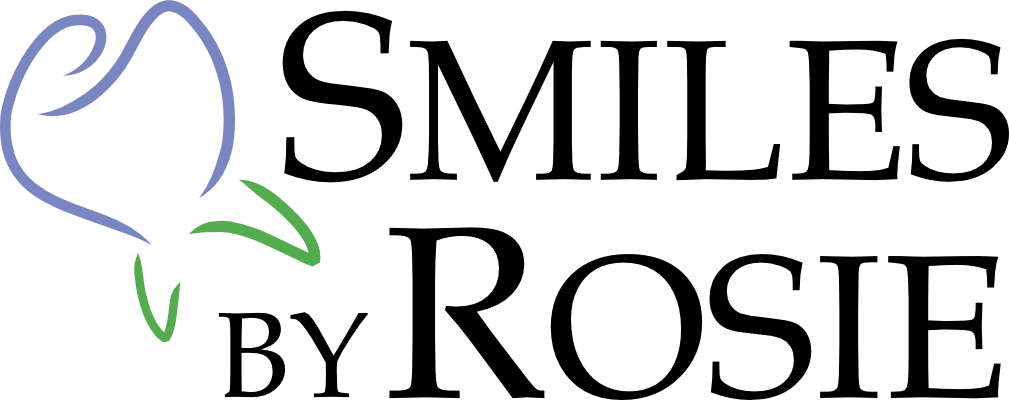Procedures
Welcome to our office! As a general dentist, Dr. Wagner is trained in all dental procedures. In some situations, she may choose to refer patients to an appropriate specialist. Please feel free to click on the following procedures to learn more about them.
- Examinations, radiographs (x-rays), and treatment planning
- Cleanings and deep scaling
- Fillings
- Root canals
- Tooth removal (extraction)
- Crowns and bridges
- Complete dentures and partial dentures
- Dental implants
- Bite guards, sleep apnea devices, and treatment of temporomandibular disorders (TMD)
All content was written by Dr. Katie-Rose Wagner and she welcomes the public to use and share any of the information without her permission. She respectfully asks to be listed as the author for direct quotations.
Bite guards, sleep apnea devices, and treatment of temporomandibular disorders (TMD)
Bite guards, also called occlusal guards, or night guards are made out of hard or soft plastic and can be worn over the upper or lower teeth. They are worn to protect the teeth from grinding, also known as bruxing. Some people grind their teeth during sleep and may not know that they are causing abnormal dental wear. Bite guards can help reduce the instance of tooth fracture, loss of tooth structure due to wear, pain and discomfort in the temporomandibular joint and chewing muscles, and help dental restorations last longer.
Temporomandibular disorders (TMD) are conditions involving the temporomandibular joint (TMJ), which is the joint in front of each ear where the lower jaw meets the base of the skull.
There are many kinds of TMD, and the symptoms can take many forms, such as popping or clicking of the joint, pain, or inability to open and close correctly. Many kinds of appliances can offer great relief from pain caused by TMD. Patients can be referred to an orofacial pain specialist who can suggest various kinds of treatment, from massage therapy to appliances to surgery.
Dentists can often help with sleep apnea. In patients with obstructive sleep apnea, a common cause for the obstruction is the tongue falling back into the throat during sleep, closing the airway and making breathing difficult. Sleep apnea appliances help to move the lower jaw forward, pulling the tongue with it. With the tongue in a more forward position, it is less likely to push backwards and cause breathing problems. Dentists may ask for a sleep study to be ordered by your physician to determine if your sleep apnea can be treated with an oral device.
